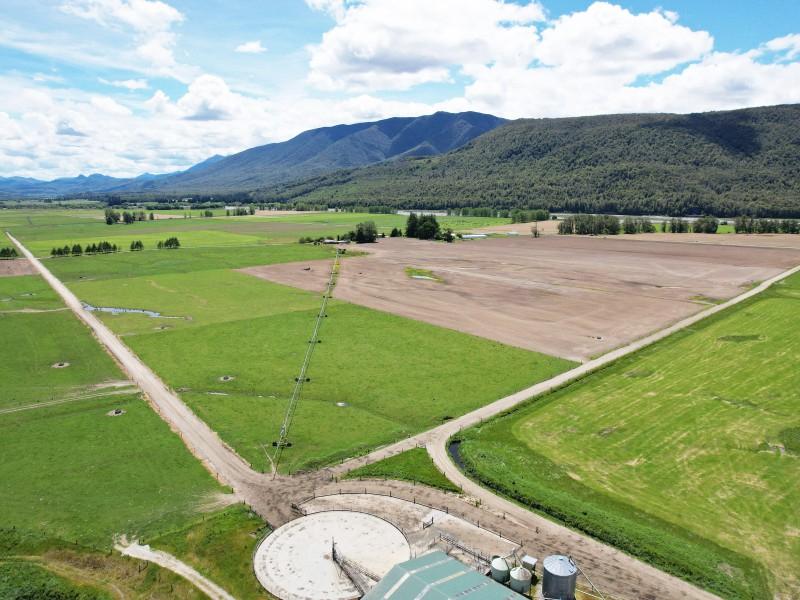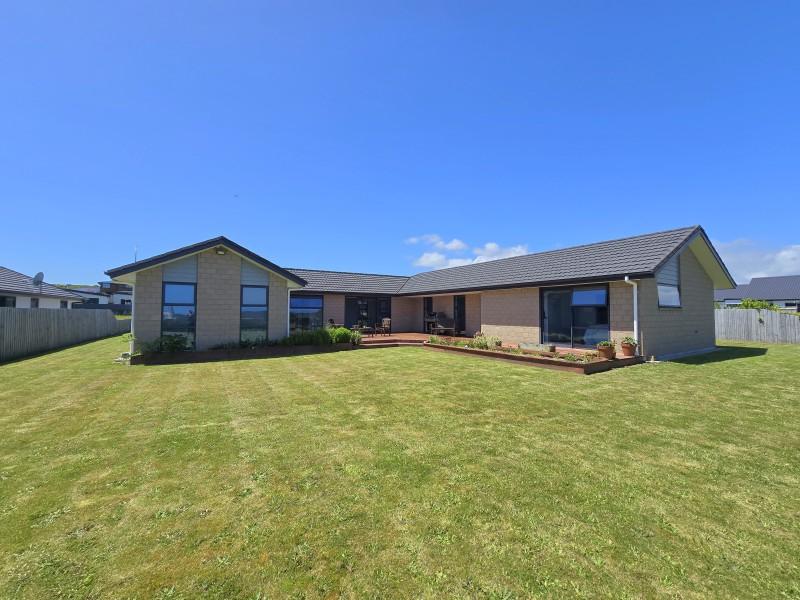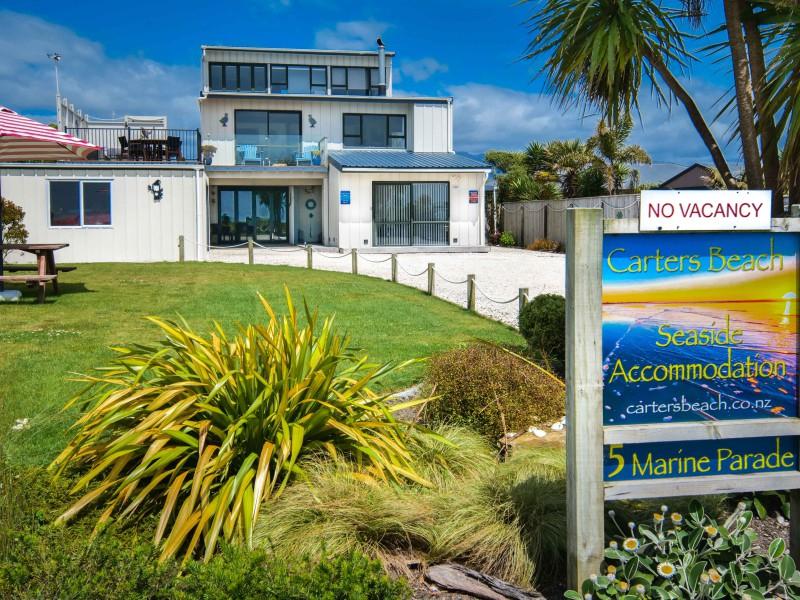Franz Josef given two options to manage ‘most dangerous flood plain in the country’
By local democracy reporter Brendon McMahon:
Just two options have been proposed to manage the "dangerous" threat posed by the flood-prone Waiho River to the wider Franz Josef community.
In a heated community meeting at Franz Josef on Wednesday, the West Coast Regional Council suggested two options: do nothing or sacrifice the southern stopbanks.
For years the community has been waiting for answers on what would be done about what one official described as potentially the "most dangerous flood plain in the country".
The Waiho River has been changing its course and rising due to sediment build up, putting rural properties and Franz Josef at risk.
Anger was palpable at times among a crowd of 50 on Wednesday, with one man walking out while graphically expressing his frustration.
"We have had no meeting for four years and it's a lack of respect for us," Waiho Flat land owner Sonia Pettigrew said.
"There's media here now, and our land values are plummeting."
South side farmer Graham Berry said it was "ridiculous" affected landowners were not involved in the process to decide on a strategy.
Berry said it was "galling" it had come to this, as officials had suggested three years ago to move State Highway 6 within five years, with promises about Waiho Flat plans.
"F... you. I'm not going to take this any more ... That plan was meant to be there with action within five years.
"We know the risk," Berry said.
Council chief executive Darryl Lew said "this is the country's new Esk Valley". "This is probably the most dangerous flood plain in the country right now."
He said his biggest concern was the risk to people.
The Waiho River burst its banks in 2019, flooding the rural Waiho Flat community and causing stress over its future.
"We've got to come together as a community with the councils and make an approach to Government. We can't do this ourselves," Lew said.
Council chairperson Peter Haddock acknowledged and apologised for the level of grievances, saying they were trying to get to the bottom of it.
Until six months ago, Haddock said he wanted to "hold the line," believing the rate of sedimentation and the existing stopbank alignment on both sides would give them years before action was needed.
However, he said he changed his mind after hearing new expert evidence and it would be doing the community "an injustice" to let it lie.
"How long has Franz left? Maybe 20 years. If we let the banks go on the south side, maybe three times longer," Haddock said.
"The community has to decide whether to hope like hell or plan things. I understand this is people's lives, this is people's properties. It's a horrendous thing."
He said central Government had to come to the party.
"I believe it would be a very brave government to turn down a plan … I urge you to try and think seriously about this and look at the options. I don't think the Government can walk away from a river that powerful."
Both local MPs, Damien O'Connor and Maureen Pugh, sent apologies for not attending the meeting.
A technical explanation at the meeting, led by river engineers and hyrdrologists, emphasised the preferred option to secure the township on the Waiho north bank, for the medium term, and systematically remove the southern stopbanks starting in about five years.
This has been suggested previously.
The community were asked last night to come back within weeks with their views and council has promised another meeting to talk things through.
Lew said he had spoken with both major parties and officials, and he knew they needed a united community voice to get government help.
"We want to stand with you."
It would require a deal of the size and scale as that seen in the North Island after Cyclone Gabrielle.
Almost $9 million from the original Waiho River protection package, set three years ago, was still set aside.
But it would not be released until they had a clear business plan from both councils and Te Rūnanga o Makaawhio.
Lew proposed the previously allocated money be used to assess how to begin a buyout assessment, as well as plan the progressive staged retreat.
But he said a lot needed to be done to achieve that, including getting the Government to cough up more money - expected to be hundreds of millions of dollars.
River engineer Matt Gardner, who has been modelling the aggradation rate in the Waiho bed for years, illustrated the effect of doing nothing with the constricted river.
There was a risk of "catastrophic failure" of the stopbanks on both sides in a natural event.
The Alpine Fault risk was also significant in that.
In the next 10 years, it was predicted the river bed would be 3m higher if nothing was done, or 1m higher if the south stopbanks were let go.
As it was, the river bed was already higher than the Franz Josef township on the north side, behind the existing stopbanks.
Under the 10-year plan, the southern stopbanks would be removed in a staged approach - after assets like moving State Highway 6 had been worked through and funded.
Lew, who has a river hydrology background, said within a month of arriving in June, he saw the river rapidly move into the Tatare catchment, to the north.
"The bed levels [are] rising at a rate never before seen in the river."
He assessed the state of the existing stopbank system and became really concerned about "catastrophic failure", he said.
On top of that, there was the frequency and magnitude of floods in the river.
"We need a plan here, and unfortunately we haven't had a plan."
Worst Xmas ever?
There's a a lot of planning that goes into Christmas day and sometimes things just don't go to plan. But it can be a good thing - a family mishap or hilarious memory that you can laugh about in Christmases to come.
Whether you burnt the dinner or were stranded at an airport...
Share your Christmas mishaps below!

⚠️ DOGS DIE IN HOT CARS. If you love them, don't leave them. ⚠️
It's a message we share time and time again, and this year, we're calling on you to help us spread that message further.
Did you know that calls to SPCA about dogs left inside hot cars made up a whopping 11% of all welfare calls last summer? This is a completely preventable issue, and one which is causing hundreds of dogs (often loved pets) to suffer.
Here are some quick facts to share with the dog owners in your life:
👉 The temperature inside a car can heat to over 50°C in less than 15 minutes.
👉 Parking in the shade and cracking windows does little to help on a warm day. Dogs rely on panting to keep cool, which they can't do in a hot car.
👉 This puts dogs at a high risk of heatstroke - a serious condition for dogs, with a mortality rate between 39%-50%.
👉 It is an offence under the Animal Welfare Act to leave a dog in a hot vehicle if they are showing signs of heat stress. You can be fined, and prosecuted.
SPCA has created downloadable resources to help you spread the message even further. Posters, a flyer, and a social media tile can be downloaded from our website here: www.spca.nz...
We encourage you to use these - and ask your local businesses to display the posters if they can. Flyers can be kept in your car and handed out as needed.
This is a community problem, and one we cannot solve alone. Help us to prevent more tragedies this summer by sharing this post.
On behalf of the animals - thank you ❤️

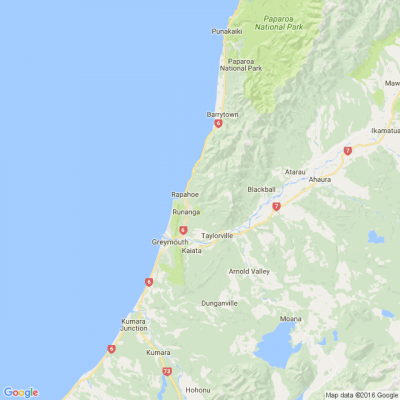
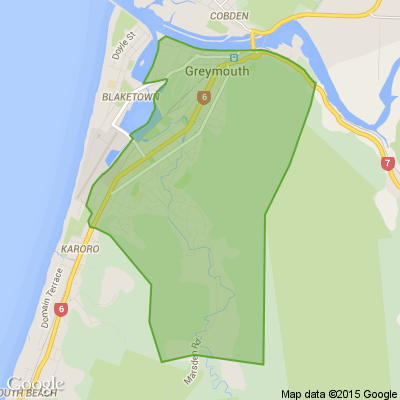




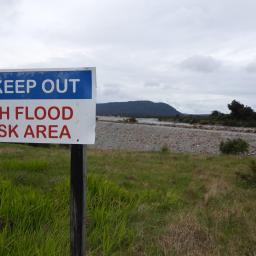
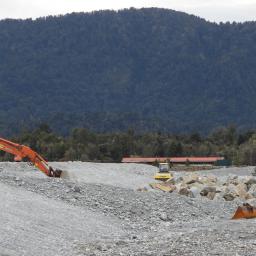
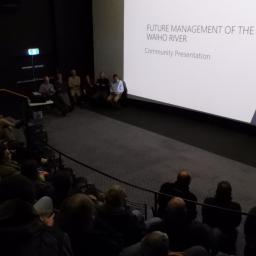
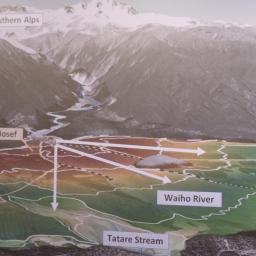

 Loading…
Loading…








